Online shopping, though very popular in most parts of the world, is still not as big in places such as Oman. However, all that is about to change with the announcement of the first home-grown fully-integrated shopping portal in the Sultanate.
Though still in its infancy, much talk and excitement is building up in the Gulf country as the first e-mall in the Sultanate will soon be introduced in the retail market.
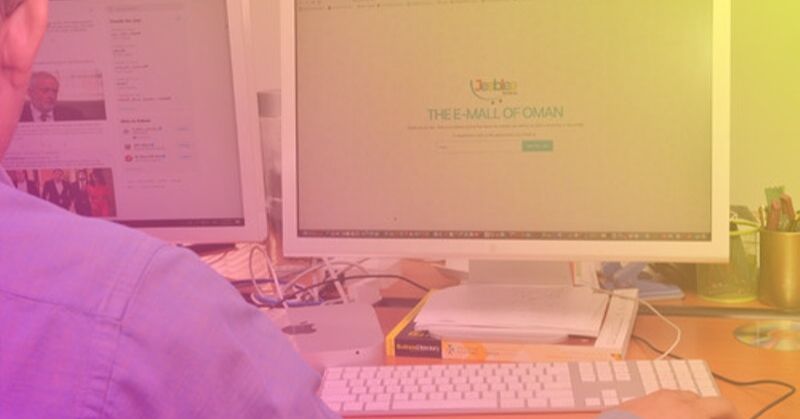
First Omani E-Mall to be Launched Soon
The up and coming shopping portal, Jeeblee Online, is the first-of-its-kind Omani firm to allow consumers to purchase online, according to the Ministry of Commerce and Industry, as shared in a report by the Muscat Daily.
The announcement regarding the e-mall launch was made at the Oman E-Commerce Conference, which was held this week.
As per reports, the E-mall has 60 local and international brands and promises to deliver goods to consumers within 24-48 hours in Oman.
In a tweet, Ali al Lawati, owner of the Jeeblee Online, shared, “The first E-mall in the sultanate has been unveiled. The platform will have a lot of brands and bring shopping to the fingertips of the people.”
The two-day conference where the retail project was announced was attended by executives in the field of e-commerce from across the world.
In terms of retail performance, Oman’s total wholesale and retail trade has seen a steady rise of 2.3 percent compound annual growth rate (CAGR) from 2012 to 2017.
With the Sultanate’s overall economic growth, it has drawn significant investments in the retail sector. Though the current retail landscape in the Sultanate is largely dominated by standalone units, the concept of organized retail in the form of malls and shopping centers are gaining prominence.
At present, the e-commerce market in Oman accounts to only 1% of total sales. It is still a budding market and has ample opportunities to grow in the future.
On the other hand, the global e-commerce market is about to reach US$ 2 trillion by 2020 and have a share of 7.8% of all sales. In developed nations, e-commerce share ranges from 45-80%.
China and India have seen a revolution in e-commerce industry in the past decade. Many companies are established during this time and became billion-dollar companies.
In Oman, however, more than 20% of the population has only made at least one (1) online purchase in 2014. Despite Oman having one of the highest smartphone usages in the Middle East, only 8% of the population engaged in mobile shopping. Most of the items purchased online in Oman are groceries and music products.
According to research, e-shopping Omani consumers spend most of their money on:
- Clothing
- Airlines
- Groceries(Food)
- Travel
- Beauty Care
- Medicine
- Coupons
- Hotels
Of note, important factors that influence consumer preferences in the Sultanate include ease of use, pricing, customer service, and financial inclusion.
These are just some of the things which e-commerce leaders should look into so as to ensure the success of their business ventures in a relatively new and conservative market such as that of Oman’s.
ALSO READ: FinanceMinistry Introduces New Rules for Duty-Free Shops in Oman

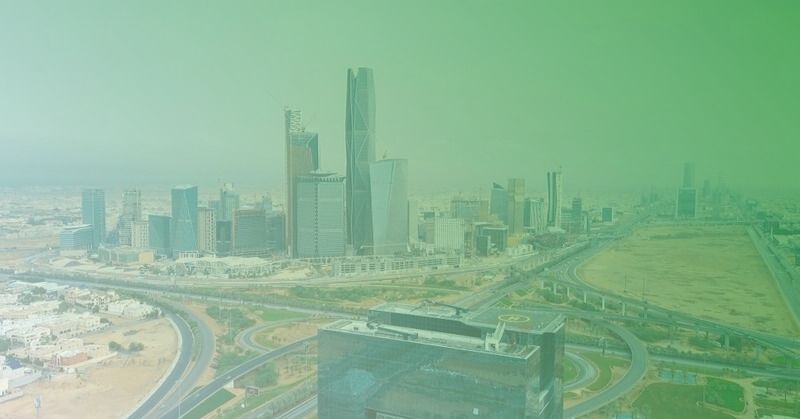

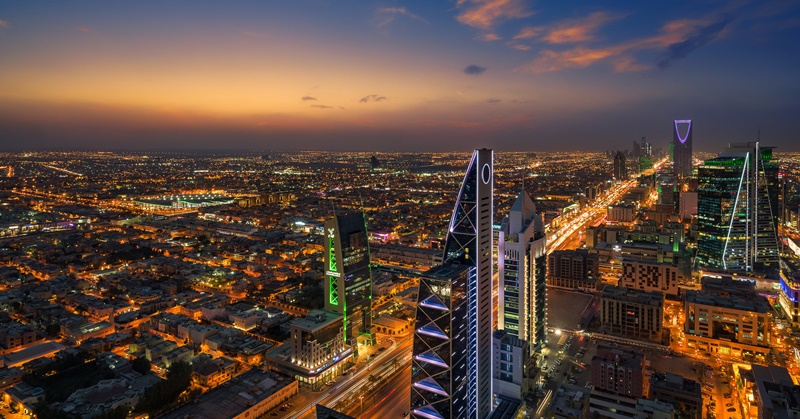

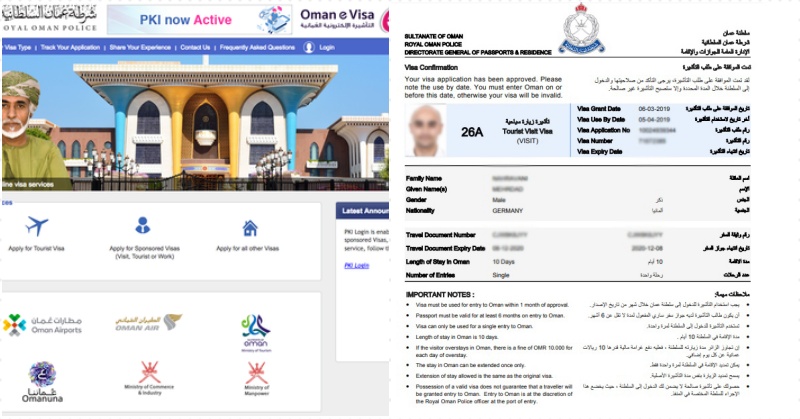
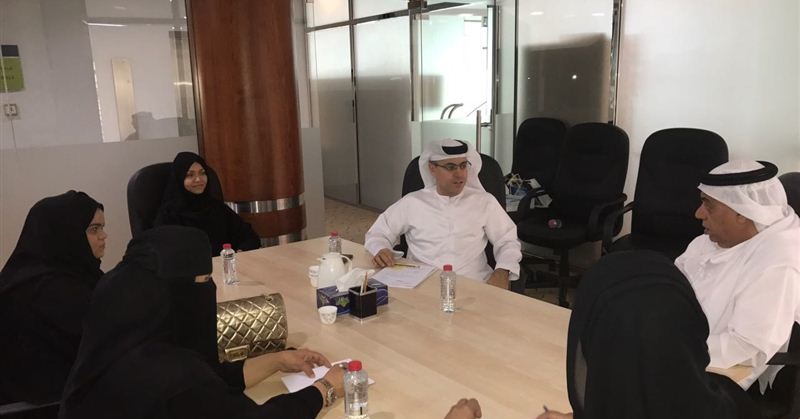
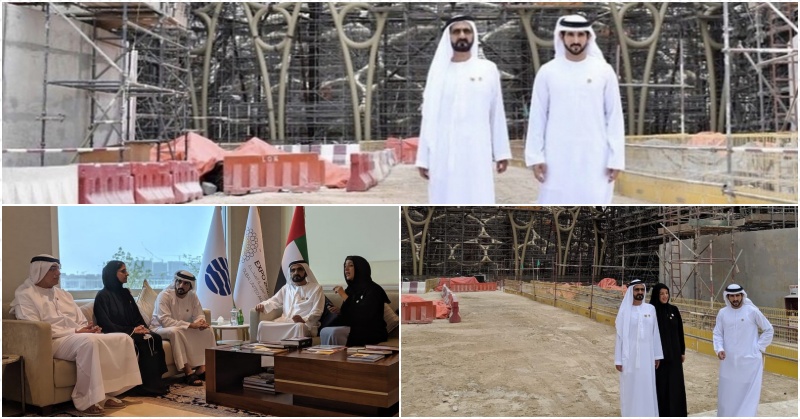
![[WATCH] Sheikh Mohammed Inspects Dubai Expo 2020 Construction Progress](https://middleeast247.com/wp-content/uploads/2019/08/expo-2020-visit.jpg)

![[VIDEO] Here’s how Muslims Celebrated Eid on the Final Days of Haj in Saudi Arabia](https://middleeast247.com/wp-content/uploads/2019/08/end-of-haj.jpg)